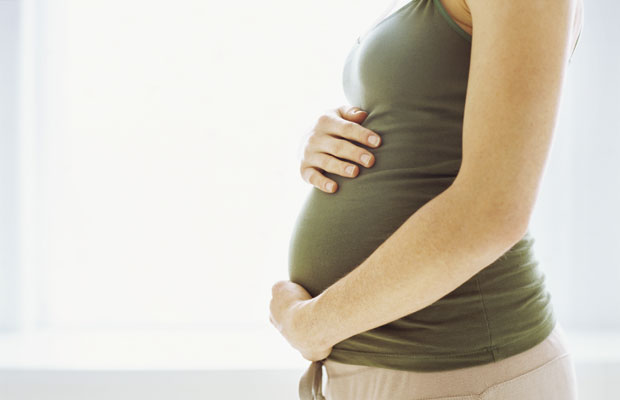TORONTO – A U.S. study suggests that expectant moms who don’t take iron supplements before and during their pregnancies are at greater risk of giving birth to a baby with autism.

Low iron intake during this critical period for mom and her baby was linked to a five-fold greater risk of autism compared to her counterparts, according to a new study out of the University of California. It’s especially the case if the mother was 35 or older at the time of birth, or was dealing with obesity, hypertension or diabetes.
The American researchers say they’re the first to examine the relationship between maternal iron intake and having a child with autism. In 2011, they looked at the link between folic acid and autism, too.
This time around, mother-child subjects took part in a northern California study – called CHARGE or Childhood Autism Risks from Genetics and the Environment – from 2002 to 2009. About 346 moms, some with children with autism and some with typical development, took part.
The scientists looked at maternal iron intake – including vitamins, nutritional supplements and breakfast cereals – during the three months prior to pregnancy right up into pregnancy and breastfeeding. They documented how frequent and how much iron the women had in their diets along with what brands and supplements they were taking.
Keep in mind, iron deficiency is incredibly common, especially during pregnancy. Global health researchers are even developing ways to try to foster better iron intake in expectant moms in developing nations because it’s so critical to healthy growth in their kids.
READ MORE: 5 made-in-Canada ideas helping women and babies around the world
“Iron is crucial to early brain development, contributing to neurotransmitter production, myelination and immune function. All three of these pathways have been associated with autism,” Schmidt said.
The researchers say they want to “be cautious” and wait for larger scale studies to replicate their findings before doling out recommendations.
“In the meantime, the takeaway message for women is do what your doctor recommends. Take vitamins throughout pregnancy, and take the recommended daily dosage. If there are side effects, talk to your doctor about how to address them,” Schmidt said.
READ MORE: Reality check: Do babies inherit junk food addictions from their moms?
The California research is one in the extensively studied field of the maternal diet and its effect on child development. In the past few years, scientists have even started to look into the paternal affects on a baby.
READ MORE: How a father’s diet, lifestyle affect his baby’s healthy development
Last year, a Canadian study zeroed in on how B9 – or folate – in daddy’s diet was crucial to his baby’s healthy brain development.
Her team’s findings were published Monday night in the American Journal of Epidemiology.
carmen.chai@globalnews.ca
Follow @Carmen_Chai


Comments